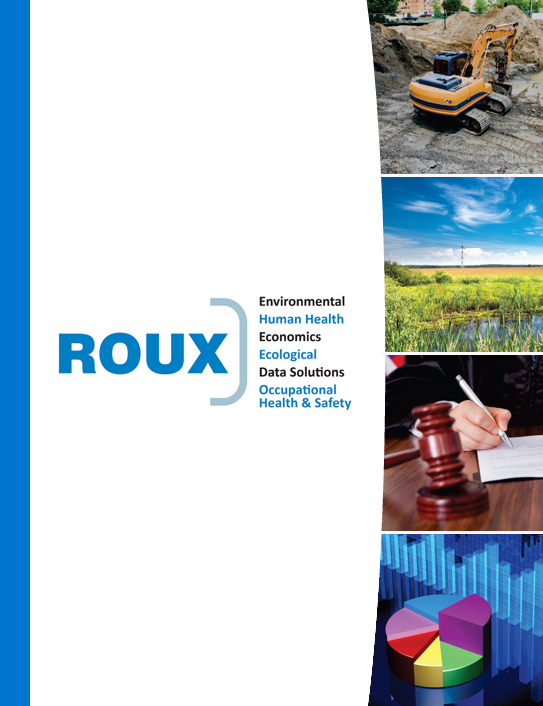How Should Companies Prepare for California’s New Climate Disclosure Laws?
In October, California Governor Gavin Newsom signed into law several pieces of legislation that will require certain companies doing business in California to report and disclose Scope 1, 2, and 3 greenhouse gas (“GHG”) emissions and climate-related financial risks. The bills known as the Climate Corporate Data Accountability Act (“CCDAA”), the Climate-Related Financial Risk Act (“CFRA”), and the Voluntary Carbon Market Disclosures Act (“VCMDA”), outline new regulations that mandate the reporting and disclosure of corporate energy usage and emissions as well as financial risks related to climate change. The three bills are part of California’s Climate Accountability program.
Under the CCDAA, companies doing business in California with annual revenues over $1 billion must annually disclose Scope 1 and 2 emissions by January 1, 2026, and Scope 3 emissions by January 1, 2027. Scope 1 emissions are direct GHG emissions that stem from sources that a reporting entity owns or directly controls. Scope 2 and 3 emissions are indirect GHG emissions that are emitted as a consequence of the activities of the reporting entity. Under the legislation, Scope 3 emissions would include indirect upstream and downstream GHG emissions in a reporting entity’s value chain—involving the collection of GHG emissions data from suppliers, distributors, and other non-reporting entities who otherwise would not meet the threshold requirements of the CCDAA.
The passage of the CFRA will impact companies doing business in California with revenues over $500 million and require them to biannually report and disclose climate-related financial risks in accordance with the Task Force for Climate-Related Financial Disclosures (TCFD). The initial reporting is set for January 1, 2026, and would mandate that companies disclose on their websites information about governance, strategy, risk management, and include data used to implement sustainability strategies and develop future goals.
The VCMDA will require any company conducting business in California that publicly discloses it is net zero emissions, carbon neutral, or achieved significant reductions in GHG emissions to report the data, measurement, and accuracy supporting those statements. The VCMDA applies to companies that purchase and/or sell voluntary carbon offsets and is set to be implemented on January 1, 2024.
In light of the recent passing of these climate bills, companies conducting business in California should assess whether they meet the criteria of a reporting entity, and if so, begin to collect GHG and other emissions data to prepare public disclosures or reports they can provide to clients in their supply chain. Additionally, companies will need to partner with a third-party environmental assurance provider like Roux that can attest to the accuracy of the public disclosures and advise companies on reporting requirements so they can avoid fines. Companies can also become involved in the public comment and rulemaking process set to take place in 2024.
Roux’s Environmental, Social, & Governance (ESG) practice provides advisory and technical services to corporate and institutional clients doing business in California, aligning climate considerations into their corporate strategy to meet the state’s new disclosure and regulatory requirements. These services include:
- Environmental compliance audits
- Environmental data collection and management
- Calculation of Scope 1, 2, and 3 emissions
- Climate risk management and resiliency planning
- Disclosure and reporting assurance services
Please contact us below if you’d like more information on the impact of California’s climate legislation and Roux’s environmental assurance and advisory services.

